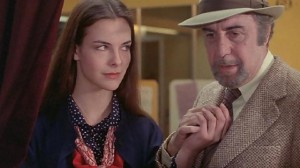
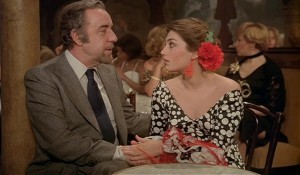
I’ve been revisiting a good many of Buñuel’s films lately, and a couple of traits of his work as a whole that I haven’t been sufficiently aware of in the past have been the centrality of class issues and his uncanny ability to predict or anticipate the future — not only the rise of terrorism but an escalation in income inequality and even, to my surprise, some of the lessons of feminism. These are traits that come together most tellingly and provocatively in his final feature, That Obscure Object of Desire (1977).
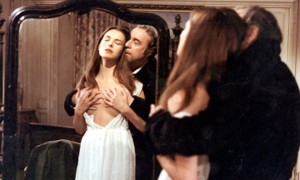
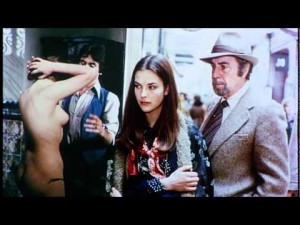
I’ve previously regarded this film as a bit of a letdown after the formal radicalism and thematic freedom of its immediate predecessors, The Discreet Charm of the Bourgeoisie (1972) and The Phantom of Liberty (1974). But it’s now more apparent to me that the play with multiple narratives really starts with The Milky Way in 1969 (or, much earlier, with Un chien andalou and L’age d’or), that the inability to complete a sex act in That Obscure Object complements and rhymes with the inability to finish a meal in The Discreet Charm, that the economic and sexual exploitation of That Obscure Object is already present in Tristana (1970), and that despite Buñuel’s reputation for kinkiness and cruelty, sadomasochism has never been his particular forte. Read more
From the Spring 2018 issue of Cinema Scope. — J.R.
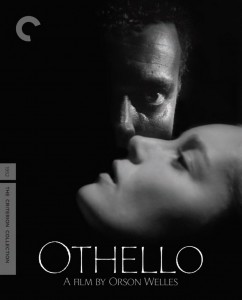
Let me start by paraphrasing and slightly expanding a comment of mine appended to my 2017 ten-best list for DVD Beaver. A major reason for listing Criterion’s Othello first is that it includes the digital premieres of not one, not two, but three Orson Welles features: both of his edits of Othello available with his own soundtracks, carried out respectively in 1952 and 1955 and heard for the first time in the US in several decades, and Filming Othello (1979), his last completed feature.

Fans of Mudbound (2017) like myself who want to get acquainted with Dee Rees’ previous work should check out the second of her three previous features, Pariah (2011), available inexpensively in both DVD and Blu-ray formats. This autobiographical look at the tribulations of a gay black teenager and her family, shot in a very different style from Mudbound (much more documentary-like), is beautifully and richly acted by its lead, Adepero Oduye — though I wonder if the use of Brooklyn rather than Rees’ native Nashville as a location (occasioned, I would guess, by the services of Spike Lee as executive producer) made any significant differences in terms of Rees’ script and/or characters. Read more
Here’s a piece by Serge Daney that I translated back in 1982, for a catalogue accompanying a Straub-Huillet retrospective that I curated in New York that fall. Danièle Huillet sent me the original review in French, suggesting that it be included. Too Early, Too Late, shot in 16mm, remains, for me, one of their two most beautiful landscape films, along with the much later Operai, Contadini (Workers, Peasants, 2001). — J.R.
What do John Travolta and Jean-Marie Straub have in common? A difficult question, I admit. One dances, the other doesn’t. One is a Marxist, the other isn’t. One is very well-known, the other less so. Both have their fans. Me, for instance.
However, one merely has to see their two films surface on the same day on Parisian screens in order to understand that the same worry eats away at both of them. Worry? Let’s say passion, rather — a passion for sound. I’m referring to BLOW OUT (directed by Brian DePalma) and TOO EARLY, TOO LATE (co-signed by Danièle Huillet), two good films, two magnificent soundtracks.
The cinema, you may persist in thinking, is “images and sounds”. But what if it were the reverse? What if it were “sounds and images”? Read more






